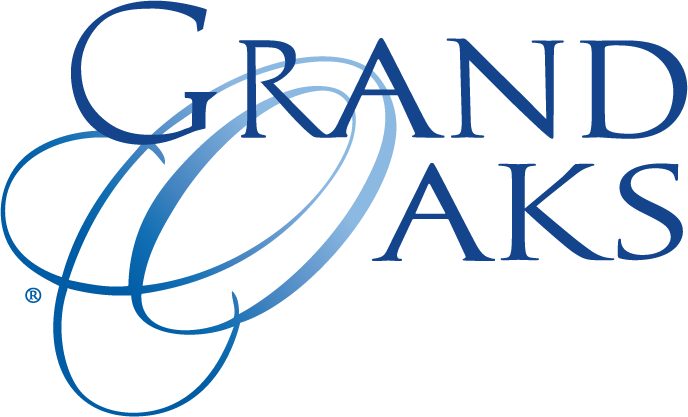7 Min Read
What Seniors Need to Know About Herbal Supplements & Prescription Medications

July is Herbal/Prescription Interaction Awareness Month. It’s a time to educate seniors, families, and health professionals about herbal supplements, vitamins, minerals, and other nutritionals and the possible dangers of mixing these with prescription drugs.
According to the American Academy of Family Physicians, nearly 25 percent of U.S. adults report taking a prescription medication concurrently with a dietary supplement. For senior adults, many of whom may have chronic diseases and take at least one drug a day prescribed by their doctor, mixing herbal supplements may interact negatively.
It’s important to know that most herbal alternatives are not actively investigated or approved by the U.S. Food & Drug Administration (FDA) and should be treated with the same seriousness as prescription medications.
These dietary supplements, herbs, and nutritionals have a low risk of drug interactions and may be effective at treating many common conditions seniors face:
- Black cohosh—Many middle-aged women turn to this supplement to ease menopause-related symptoms like hot flashes and night sweats.
- Cranberry—A National Institutes of Health study found cranberry supplements to be effective at reducing the incidence of urinary tract infections in older adults.
- Echinacea—It can strengthen the immune system but may also interact with certain chemotherapy agents. Consult your primary care provider before using.
- Evening primrose oil—A small amount of evidence suggests it might be helpful for nerve problems caused by diabetes. It’s also used for eczema, menopause problems, arthritis, and breast pain.
- Garlic—It’s often touted as a way to protect against heart disease, cancer, and infection. It can also moderately reduce symptoms of diabetes and high cholesterol and blood pressure.
- Ginger—Ginger’s antioxidant properties may be beneficial in managing inflammation and pain of arthritis. One study found that patients given ginger capsules had a significantly higher reduction in knee pain than those in the control group.
- Ginseng, American—Studies show ginseng has properties that combat aging, diabetes, and cancer, and can help to heal wounds and ulcers.
- Milk thistle—The plant-based substance has been found to treat common liver problems and protect the body from cell-destroying substances called free radicals.
- Saw palmetto—This palm tree native is used for urinary symptoms associated with an enlarged prostate gland. It may also interact with estrogens and anticoagulant/antiplatelet medications, so be cautious.
- Valerian—These root-based supplements have been used as an alternative treatment for insomnia, anxiety, and high blood pressure.
However, these supplements have a high risk of drug interactions:
- Fish oils—These may interact with medications for hypertension, Xenical, and some anticoagulant/antiplatelet medications.
- Ginkgo—It’s one of the world’s most popular supplements, but research suggests ginkgo can affect the pharmacokinetics of several drugs, including aspirin, anticonvulsants, diuretics, antidepressants, and blood thinners.
- Goldenseal—This has been used for its healing, antiseptic, and germ-stopping properties, but it’s also a potent inhibitor of both CYP3A4 and CYP2D6 enzyme activity that can significantly interfere with many medications.
- St. John’s wort—Clinically significant interactions have been documented between St. John’s wort and oral contraceptives, digoxin, benzodiazepines, and other medications.
Always consult your primary care provider before taking any new herbal supplements, especially if you’re already taking other prescription medications. These resources can provide insight into additional herbal/prescription interactions:
Also, Grand Oaks’ Johns Hopkins and Sibley Memorial Hospital care teams are on-site every day to provide essential healthcare resources and programs. Our team can help aid in compliance with prescription medication and herbal supplements. Understanding how all herbals and prescriptions may affect the body, we keep your loved ones safe and healthy and provide medication reminders.

0 Comments